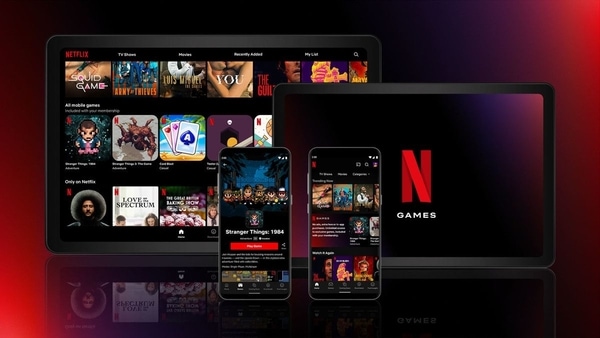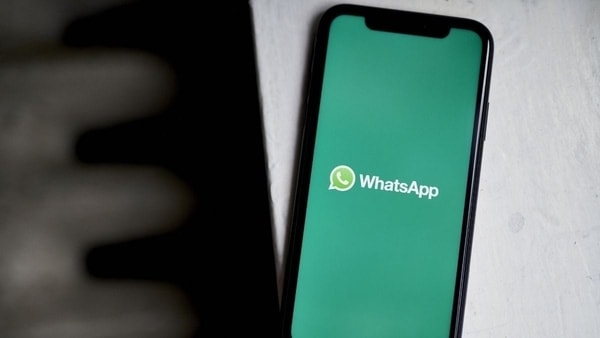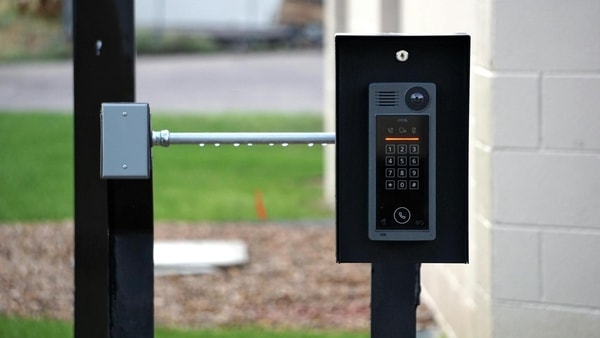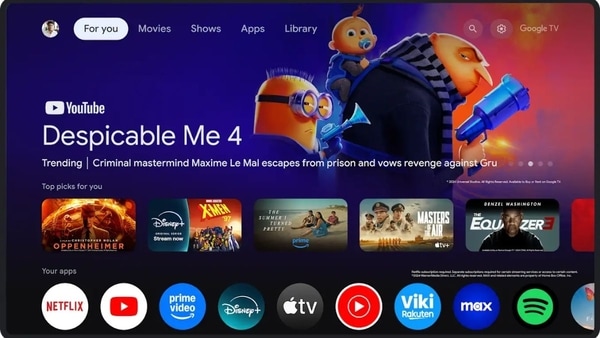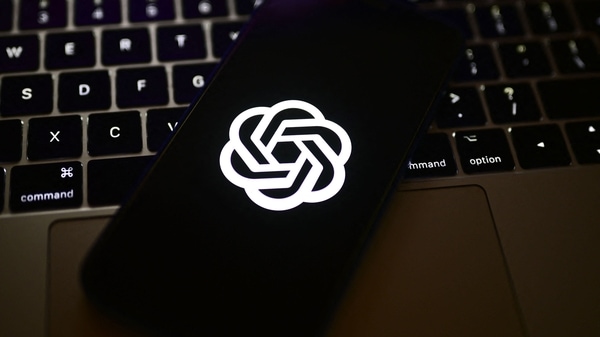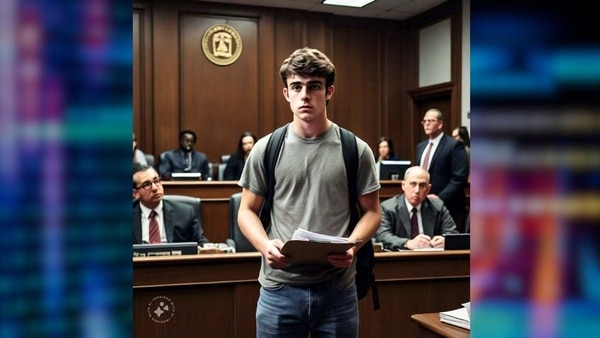
Law student takes University to court after failing due to AI-backed answers, all details here
1 month ago | 5 Views
In a pivotal legal battle that could redefine the role of artificial intelligence in education, a law student has filed a lawsuit against OP Jindal Global University. The Punjab and Haryana High Court has requested the university to respond to the student's allegations regarding his failure due to submitting AI-generated exam responses. The court has scheduled the next hearing for November 14, as announced by Justice Jasgurpeet Singh Puri.
The case centres on Kaustubh Shakkarwar, a law student pursuing a Master of Laws (LLM) in Intellectual Property and Technology Laws at Jindal Global Law School. Shakkarwar, who previously worked as a law researcher for the Chief Justice of India, also runs an AI platform that supports litigation. He has practical experience in Intellectual Property law, which adds depth to his case, according to a Bar and Bench report.
Shakkarwar sat for his end-of-term examination on May 18, submitting his answers for the subject ?Law and Justice in the Globalizing World.? Following the examination, the Unfair Means Committee determined that his responses were predominantly AI-generated, concluding that 88 percent of the answers derived from artificial intelligence, Bar and Bench reported. On June 25, the committee declared him to have failed the subject, a decision later upheld by the Controller of Examinations.
What are the Grounds for the Lawsuit?
In response, Shakkarwar approached the court, asserting that the university did not provide clear guidelines prohibiting the use of AI-generated content. His petition, filed through advocate Prabhneer Swani, argues that the university failed to demonstrate that using AI constitutes plagiarism. He emphasises that his submission represented his own original work and did not rely solely on AI.
Shakkarwar claims that the university has not presented any credible evidence to support its allegations. He seeks a declaration stating that copyright does not belong to AI and that a human user retains authorship of any AI-generated work. His legal stance highlights that AI serves merely as a tool, arguing that proving plagiarism requires establishing a breach of copyright first.
How Does Copyright Law Apply in This Situation?
He cites Section 2(d)(vi) of the Copyright Act, 1957, which clarifies that even if AI was utilised, the rights to the artistic work would still reside with him as the creator. In this unfolding legal narrative, Shakkarwar asserts that he employed AI as an aid in his creative process, not as a replacement for his original thought. The outcome of this case may significantly impact how educational institutions navigate the complexities of AI in academic submissions.
Read Also: Samsung to re-enter mixed reality market alongside Galaxy S25 launch in 2025: Report
HOW DID YOU LIKE THIS ARTICLE? CHOOSE YOUR EMOTICON !
#

